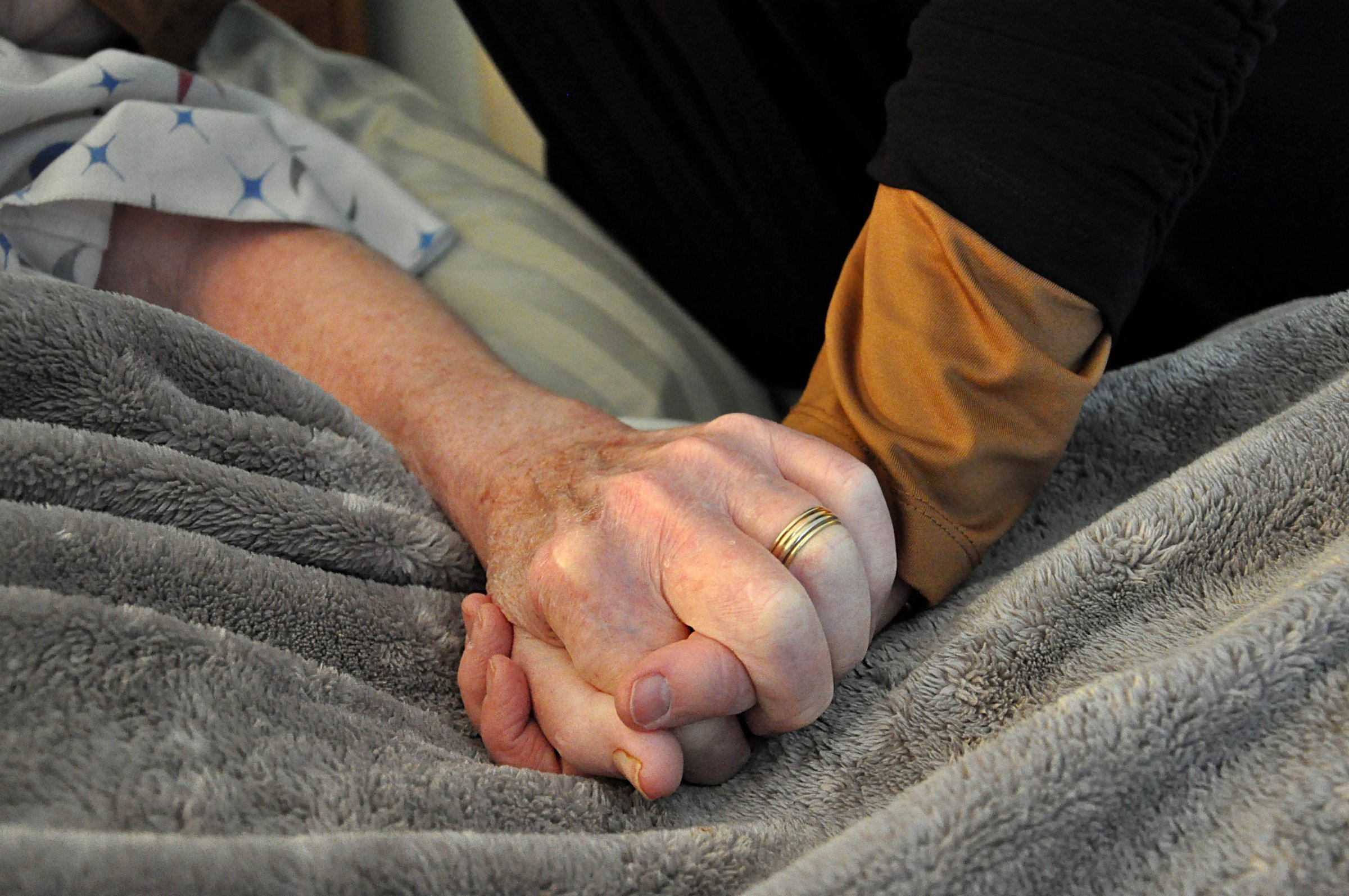
In 30 years, there will be as many people over 80 in the United States as there are under the age of 50.
So notes Atul Gawande in his recently published book, Being Mortal, a book I cannot recommend highly enough. This should be mandatory reading for every American. Hell, every global citizen. Yes, it’s about growing old and dying, and the social and ethical consequences of how we treat our aging population, which might not sound like ideal reading while enjoying a pumpkin spice latte and the changing weather. But we’re all going to grow old, if we’re lucky, and most of us will be caring for an aging person at some point in our lives, if we aren’t already. (For years, I’ve been lobbying for the phrase “Sandwich Generation” to be replaced with “Panini Generation,” because anyone living it knows about the heat and pressure coming from both sides.)
Being Mortal is a clear-eyed, informative exploration of what growing old means in the 21st century; it provides a useful roadmap of what we can and should be doing to make the last years of life meaningful for everyone experiencing the aging process up close. I’ve been a fan of Gawande for years. He’s written three other books and is a staff writer for The New Yorker, a practicing surgeon and a professor at Harvard Medical School, so his medical chops are solid. But his writing chops are just as solid, and this book made me do something I usually resist. After about 10 pages, I grabbed the dreaded Hi-Liter from my drawer so I could remember not just useful information but also beautifully crafted prose. One example:
People with serious illnesses have priorities besides simply prolonging their lives. Surveys find that their top concerns include avoiding suffering, strengthening relationships with family and friends, being mentally aware, not being a burden on others and achieving a sense that their life is complete. Our system of technological medical care has utterly failed to meet these needs, and the cost of this failure is measured in far more than dollars. The question therefore is not how we can afford this system’s expense. It is how we can build a health care system that will actually help people achieve what’s most important to them at the end of their lives.
And that’s just one passage. My copy of Being Mortal is crisscrossed with yellow stripes. I won’t be lending this one out any time soon.
Maybe that’s how I coax you into reading a book about death on a lovely autumn day; because a book about aging and dying is, ultimately, a book about how to live. My hope is that the holidays arrive, you’re sitting with your loved ones over the remnants of a big meal, and this book gives you the courage to say out loud: “Tell me how you want to live.”
Quinn Cummings is a writer of three books, Notes From the Underwire, The Year of Learning Dangerously and Pet Sounds. Her articles have been published in, among others, The Atlantic, The Wall Street Journal, TIME, The Huffington Post and Good Housekeeping. She is a passionate animal lover, an indifferent housekeeper and would eat her own hand if you put salsa on it.
More Must-Reads from TIME
- Cybersecurity Experts Are Sounding the Alarm on DOGE
- Meet the 2025 Women of the Year
- The Harsh Truth About Disability Inclusion
- Why Do More Young Adults Have Cancer?
- Colman Domingo Leads With Radical Love
- How to Get Better at Doing Things Alone
- Michelle Zauner Stares Down the Darkness
Contact us at letters@time.com